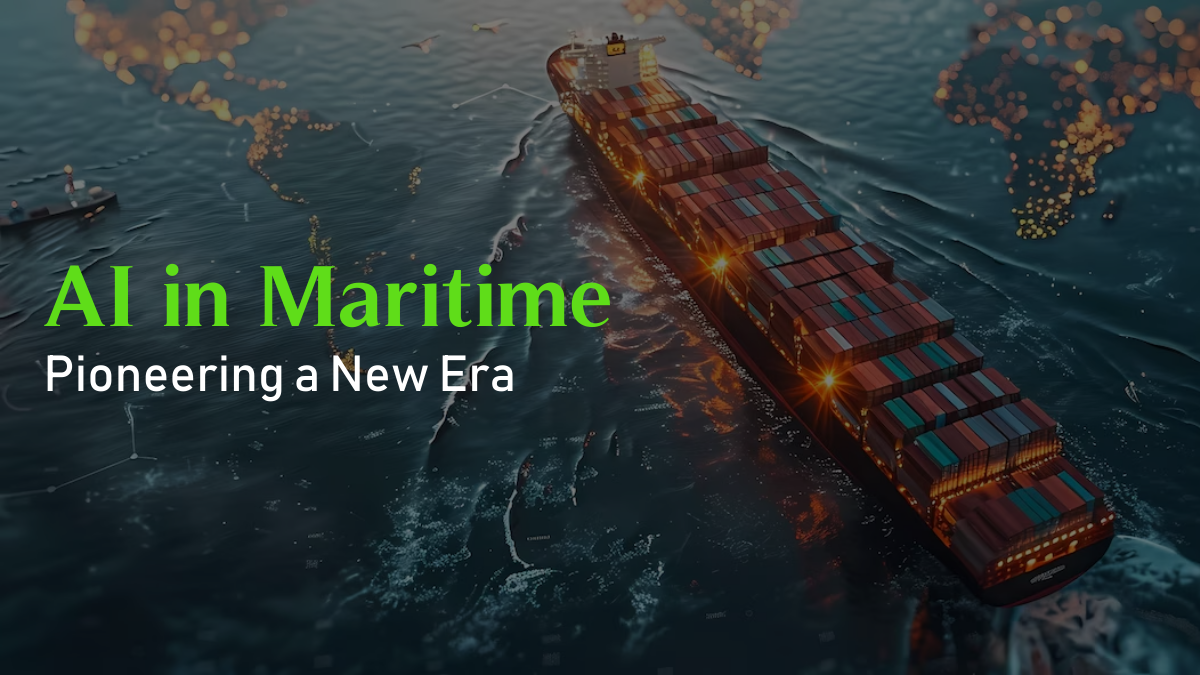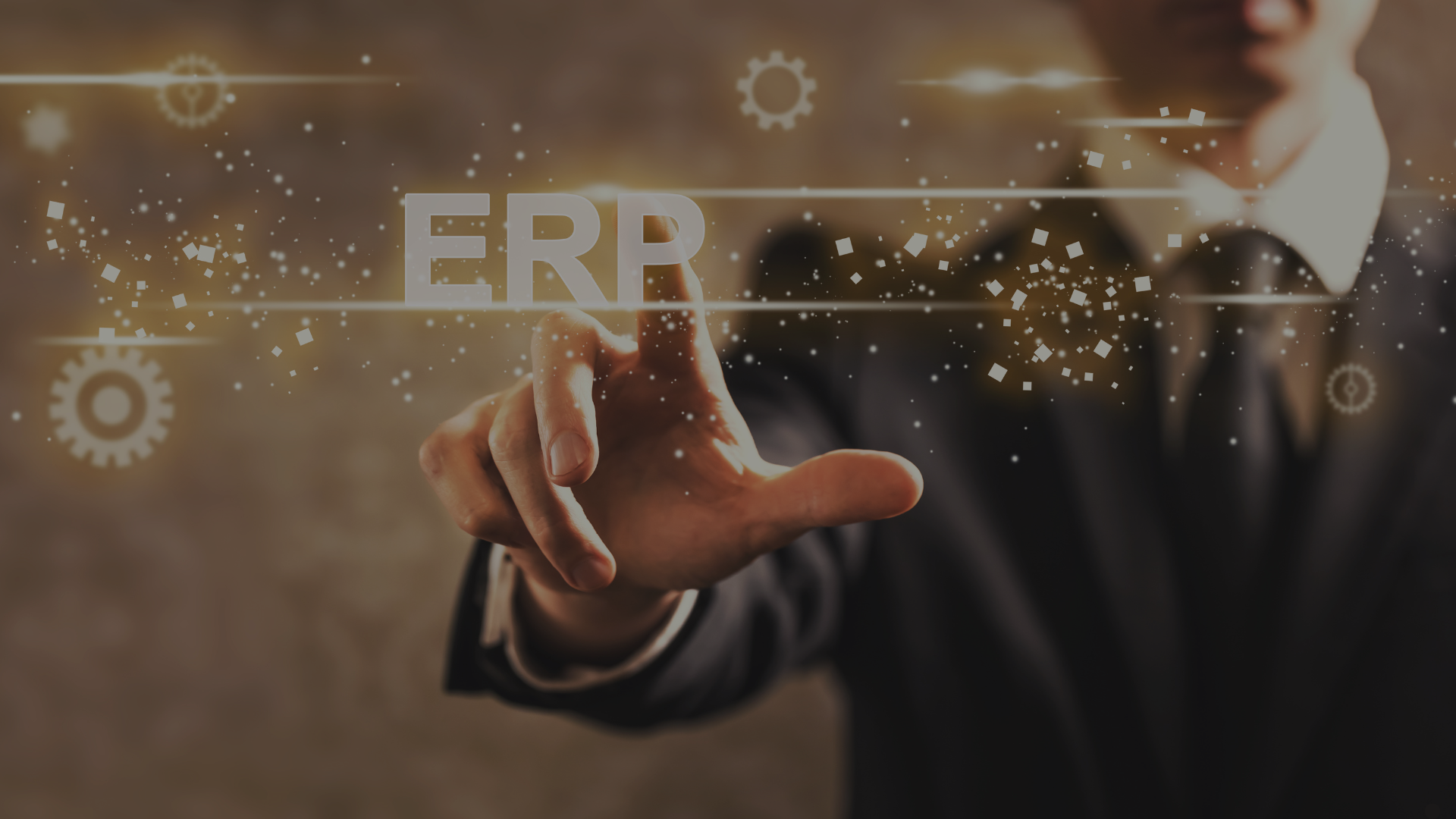

The maritime industry, long perceived as traditional and slow to evolve, is now at the threshold of a transformation powered by Artificial Intelligence (AI). As the backbone of global trade, shipping is increasingly leveraging innovative technologies to address inefficiencies, enhance decision-making, and achieve sustainability goals. This article explores how AI is reshaping maritime operations, with a focus on emerging trends and real-world applications.
While established AI applications such as predictive maintenance, route optimization, and energy management have significantly improved maritime operations, the next wave of innovation lies in advanced Generative AI (GenAI) solutions.
Unlike traditional AI, GenAI is not merely an enhancement—it represents a paradigm shift. By reimagining workflows, decision-making, and compliance management, it enables a transition from reactive to proactive strategies.
A persistent challenge in the maritime sector is its dependence on static, manual reporting systems. GenAI is redefining this norm by introducing dynamic, agent-driven workflows that transform how data is captured, processed, and utilized.
By automating repetitive tasks and integrating insights from multiple data sources, AI-driven systems enable more intuitive and accurate reporting, reducing human errors and administrative burdens.
Navigating complex and ever-evolving maritime regulations is a daunting task for shipowners and managers. GenAI-powered knowledge retrieval systems address this challenge by providing instant access to relevant regulatory frameworks, ship manuals, and operational guidelines.
Example: Consider an AI tool capable of scanning thousands of documents and summarizing key compliance requirements in seconds. This functionality not only saves time but also minimizes the risk of non-compliance, ensuring vessels meet international standards effortlessly. Leading maritime companies are already exploring such solutions to enhance operational efficiency.

Traditional Enterprise Resource Planning (ERP) systems in the maritime industry tend to be rigid and heavily reliant on manual data input. AI-driven agentic workflows are poised to disrupt this model by introducing context-aware, real-time interactions across systems.
These workflows adapt dynamically to incoming data, providing actionable insights while reducing the workload for human operators.
Vision in Practice: Instead of relying on predefined data structures, agentic workflows introduce intuitive, conversational interfaces that allow users to focus on high-priority decisions. By integrating these AI-driven processes into existing systems, shipping companies can significantly enhance operational agility and efficiency.
AI-powered analytics is unlocking new potential in the maritime sector by identifying hidden patterns and trends that inform strategic decision-making. From benchmarking fleet performance to optimizing port operations, data-driven insights are proving invaluable.
Example: A recent initiative integrated vessel movement data with weather patterns and operational metrics to develop predictive models for port optimization. The result was a 20% reduction in waiting times, leading to significant cost savings.
Despite its promise, the adoption of AI in maritime operations faces several hurdles, including:
Addressing these challenges will require cross-industry collaboration, ensuring AI solutions are deployed ethically and effectively.
The adoption of GenAI in maritime is not just a technological upgrade—it represents a fundamental shift in how the industry operates. By focusing on AI-driven transformation beyond conventional applications, shipping companies can unlock new levels of efficiency, sustainability, and profitability.
At NAVIREGO, we envision a future where AI seamlessly supports maritime enterprises in navigating complexity. Through cutting-edge solutions designed for user-centricity and operational impact, we are committed to reshaping how the industry approaches reporting, compliance, and decision-making.
The maritime sector is evolving, and those who embrace AI-driven innovations today will lead the way into a smarter, more connected future.
Are you ready to explore the next generation of AI-powered maritime solutions? Let’s shape the future together.